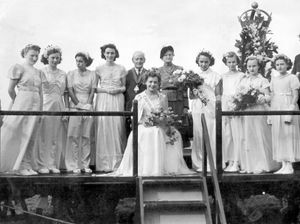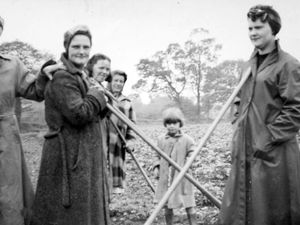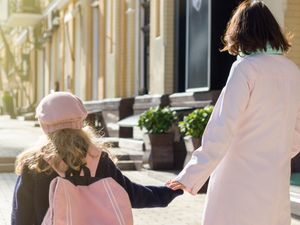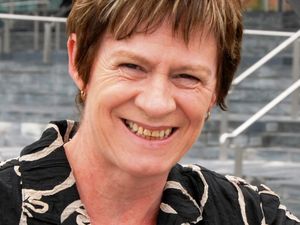'Does this evolution also mean that word definitions are changing?' - Your Letters: June 6
PICTURE FROM THE ARCHIVE: A line up at Bridgnorth Carnival. This picture was brought in to the Bridgnorth Journal offices: The lady who handed it in was Helen Haycocks, and she is pictured 2nd from the right. She believes she was about 11 when it was taken and that it was taken in about 1960.

OUR LANGUAGE IS NOW ALL RELATIVE
It is generally understood that the English language is in a state of evolution. May I demonstrate thus: Years ago when meeting an acquaintance one may have said “Good day, wither goest thou”. Today we’d probably say “Hello, where are you going?”
Does this evolution also mean that word definitions are changing? I question the word ‘poverty’, which is frequently preceded with the word ‘relative’. Poverty means poor. If someone is poor they cannot house, clothe or feed themselves adequately. Relative (poverty) suggests that if all the people in the street where you live own two cars and you only have one; then you are in poverty.
In the English that I was taught some words were absolute such as ‘dead’; either you are or are not. Poverty obviously is gradable. Well, it is nearly meal-time and I am almost hungry so I shall slowly prepare some food in case I am hungry later on.
Andy Chetwood, Dawley
WELLIES COULD BE THE SEA SOLUTION





